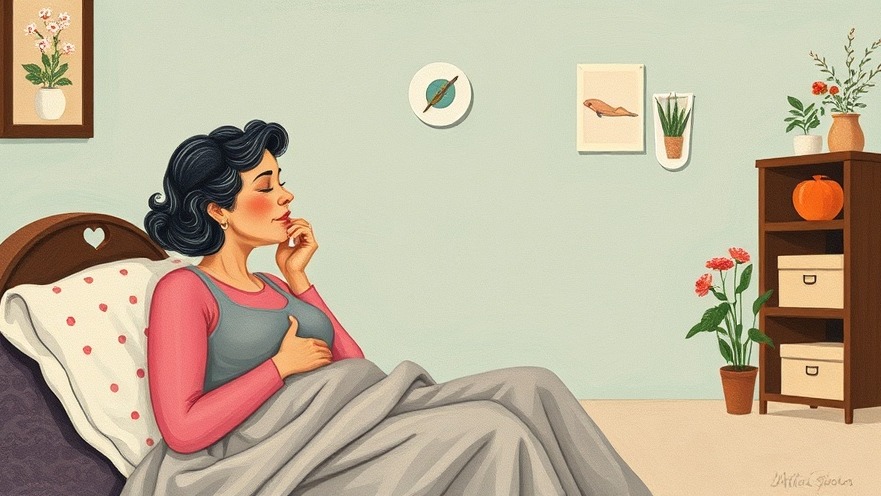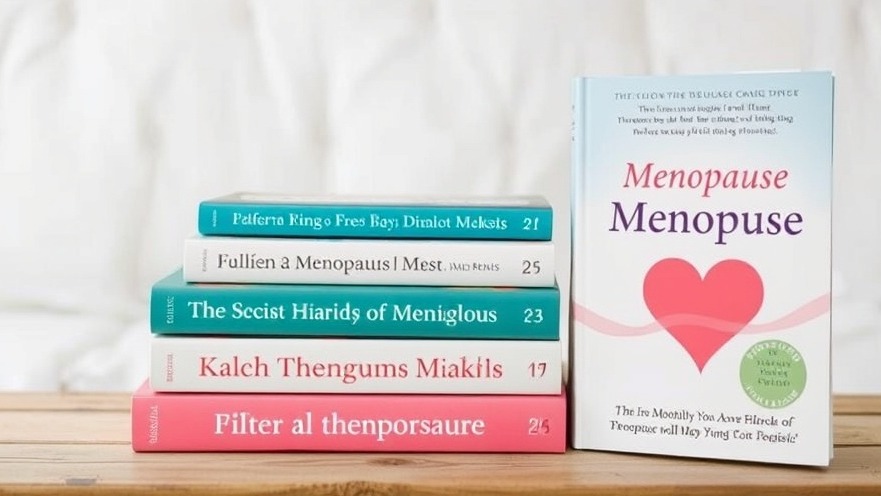
Unseen Vulnerabilities: HIV Risk Surges Among Older Women
As discussions on HIV/AIDS often revolve around younger demographics, recent findings draw crucial attention to a neglected group: adults over 50, especially older women, who are increasingly facing substantial risks. Research from the University of the Witwatersrand highlights a troubling trend in sub-Saharan Africa—between 2000 and 2016, the number of older adults living with HIV doubled, with projections stating that by 2040, one in four individuals living with HIV will be over 50. This surge is alarming, yet prevention campaigns remain predominantly focused on younger individuals.
Breaking the Stigma: Essential Steps Forward
Persistent stigma and outdated beliefs about HIV continue to permeate societal perceptions, leading many older adults to believe that they are not at risk. Dr. Luicer Olubayo, a prominent researcher, underscores that this misconception fuels low engagement in testing and treatment services among older populations. Many are unaware of their HIV status due to hesitance stemming from fear of stigma, which can lead to significant delays in diagnosis and treatment.
The Overlapping Challenges of Aging and HIV
For older women, the intersection of aging and the stigma associated with HIV can lead to dire mental and emotional consequences. The misconception that HIV primarily affects the young not only affects awareness but also limits access to vital health resources. Additionally, health campaigns often neglect the specific challenges and needs faced by older women, including navigating chronic illnesses alongside HIV, which needs a multi-faceted care approach.
Potential for Change: Tailored Interventions
To counteract these challenges, targeted efforts that address the awareness and educational needs of older adults are necessary. Initiatives could include tailored testing programs, increased community awareness campaigns, and modified health resources that emphasize elder-friendly messaging. Such strategies will not only foster understanding but also significantly improve health outcomes, allowing older adults to manage HIV as a chronic condition.
Creating an Inclusive Dialogue
Bringing the discourse around HIV into the mainstream for older populations requires collective effort. Acknowledging this demographic's unique needs is not just a public health issue, but a societal responsibility. Sharing personal experiences and promoting open conversations about HIV can work towards dismantling the stigma, helping older women feel empowered to seek the care they need.
 Add Row
Add Row  Add
Add 




Write A Comment